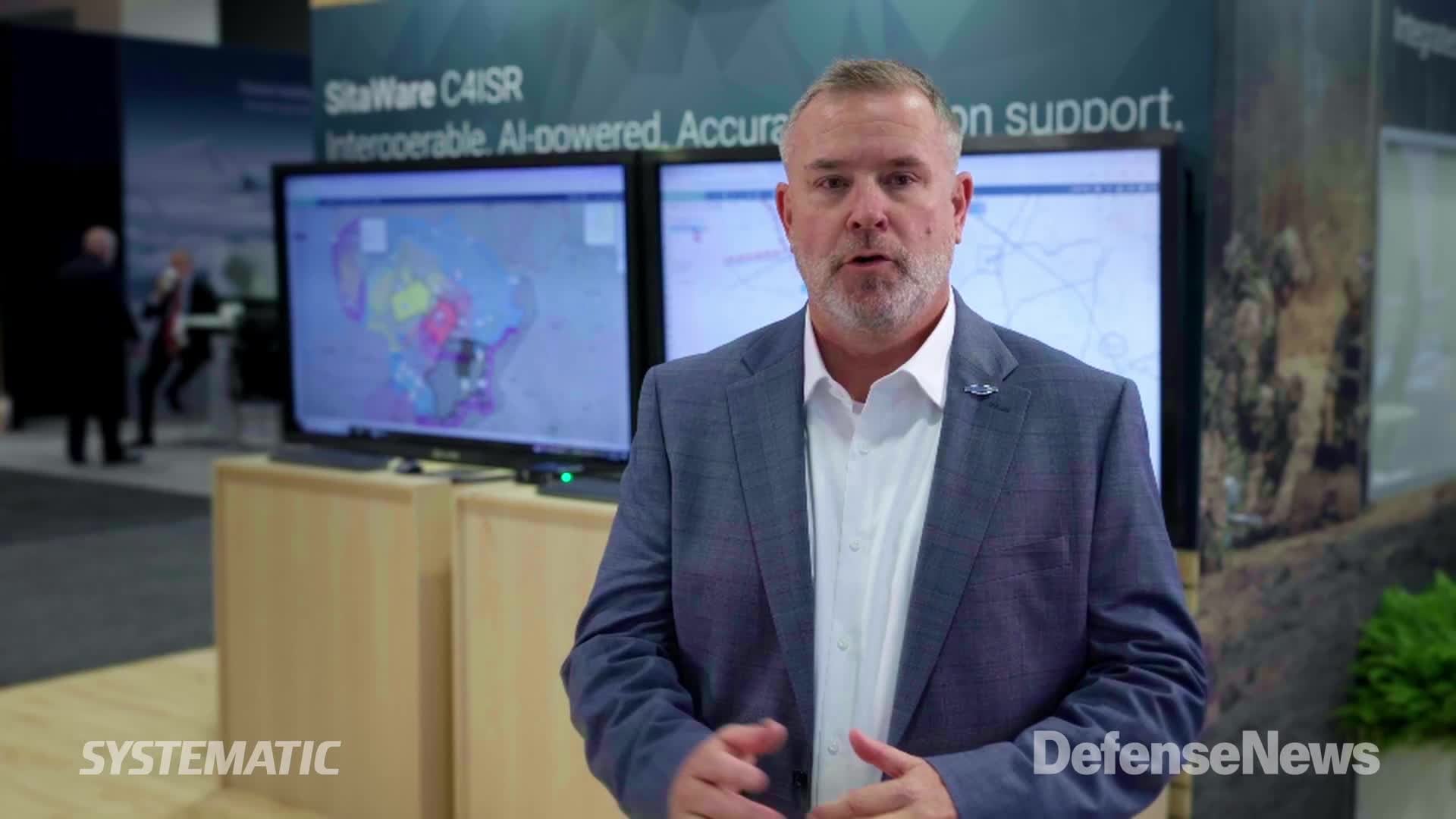WASHINGTON – Acting Secretary of the Navy Sean Stackley has taken on an additional role inside the Pentagon – leading the congressionally-mandated transformation of the Department's acquisition office.
It's a powerful spot for the longtime Navy acquisition head to be in, one which lends fuel to the rumors that he could be in line to take over a transformed office of the Undersecretary for Acquisition, Technology and Logistics (AT&L), despite having served the last eight years in the Obama administration.
The 2017 National Defense Authorization Act instructed the Pentagon to devolve AT&L into two separate offices, undersecretary for acquisition and sustainment (AT&S), and a new undersecretary for research and engineering (R&E), essentially a chief technology officer. Those changes are supposed to be in place by Feb. 1, 2018.
In order to reach that goal, Congress expects an interim report by March 1, with a final assessment due on Aug. 1, on how the Pentagon will move forward with the changes. And despite James MacStravic being the man charged with performing the duties of AT&L until a formal replacement is named, Stackley has been tapped as the leader of the review, according to multiple sources familiar with the situation.
The Pentagon declined to comment specifically on Stackley’s role in the review, with a spokesman saying he could only confirm "that the reorganization review effort is underway with representatives from the OSD and the services." But sources say he was asked to take the lead once Secretary of Defense Jim Mattis ordered the review.
A recent Politico report identified Stackley as a contender to take over AT&L, something Defense News independently confirmed with sources. If Stackley were to get the acquisition job, he would likely lead the transformation over the next year before taking the R&E job, which is expected to have more say in the Pentagon bureaucracy than the AT&S role.
Stackley, a 1979 graduate of the US Naval Academy, served as an engineering duty officer before retiring from the Navy as a captain. He served as a professional staff member for the Senate Armed Services Committee before being named to Assistant Secretary of the Navy for Research, Development & Acquisition, the service’s top acquisition job in 2008.
The fact that he was appointed in the waning days of the Bush administration could give Stackley cover for the role. The Trump administration cleared a significant number of Obama appointees out of the government, although Deputy Secretary of Defense Bob Work, who knows Stackley well from his time as Under Secretary of the Navy, is a notable holdover.
Ben FitzGerald, an analyst with the Center for a New American Security think tank, says Stackley is "an excellent choice" to lead the current review, thanks to his experience on Capitol Hill and inside the building.
As to the March 1 report itself, FitzGerald, who is authoring a white paper on the AT&L transition, said not to expect a document of sweeping length and depth.
"I think it will be short. I think it will look more like a letter than a report. And I think Congress will be fine with that," he predicted. While "DoD doesn’t want to inadvertently box themselves in," to get input from all the different AT&L stakeholders across the system would make hitting the March 1 deadline almost impossible, FitzGerald added.
Which puts more importance on the final Aug. 1 review. Congress, FitzGerald believes, is looking for DoD to identify the areas where they need legislative support to make the transition from AT&L to the two new offices happen smoothly, and the defense committees will likely use the August report to help develop language for the 2018 National Defense Authorization Act.
"If DoD doesn’t show Congress that they are going to make the change themselves, it may get made for them from the Hill," FitzGerald warned. "Which would be a reasonable approach, but we know that change driven from the Hill is never as well implemented as change driven internally."
Christopher P. Cavas in Washington contributed to this report.
Disclosure: the author of this story is part of the Center for a New American Security 2017 Next Generation National Security Leaders Program
.
Aaron Mehta was deputy editor and senior Pentagon correspondent for Defense News, covering policy, strategy and acquisition at the highest levels of the Defense Department and its international partners.








